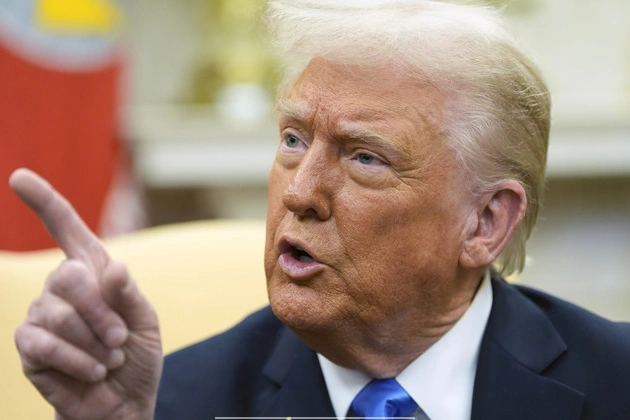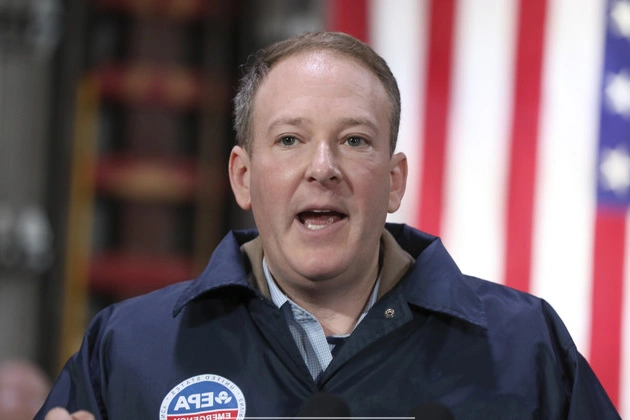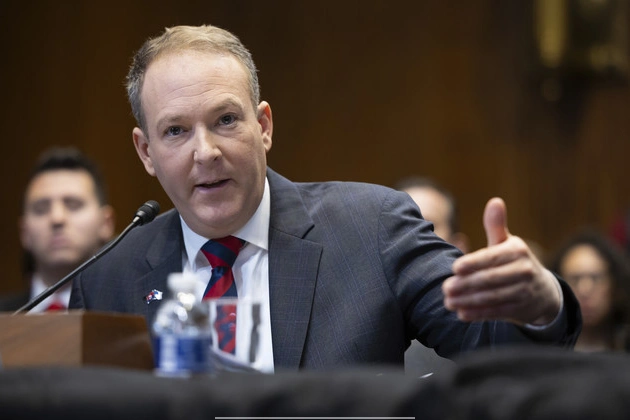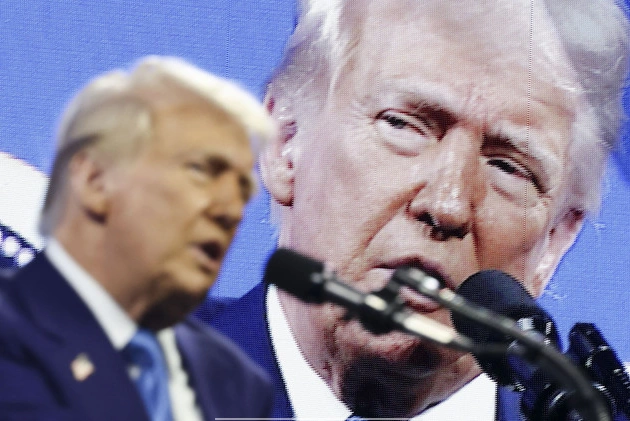
President Donald Trump’s wish list for acquiring new U.S. territories and making deals includes areas with a major feature in common: access to critical minerals.
The Focus on Critical Minerals
In recent weeks, the president has suggested a minerals-for-aid “deal” with Ukraine, drawing pushback from Russia. He’s repeatedly suggested the U.S. will acquire Greenland, a mineral-rich Danish territory, possibly by force. And he has said Canada could become the 51st state — which Canadian Prime Minister Justin Trudeau said should be taken seriously, noting Trump was interested in Canadian minerals.
“It’s almost like a resource-based foreign policy that we’re already starting to see … China has been doing it for decades,” said Gracelin Baskaran, director of the Center for Strategic and International Studies’ Critical Minerals Security Program. “We see minerals featuring as a much clearer part of our strategy abroad.”
Challenges and Strategies
Trump is the latest president to take on an old challenge: China controls processing of critical minerals like cobalt, lithium and nickel, as well as rare earth elements needed to make military and energy equipment. The U.S. has moved to chip away at China’s dominance over supply chains but has trailed efforts like China’s Belt and Road Initiative, which has built out infrastructure in developing countries to access minerals.
At the same time, U.S. companies have warned that China’s unfair market practices, including flooding the market with cheap products, have made it difficult if not impossible to compete.
Implications for Foreign Policy
Trump’s “America First” push isn’t occurring in isolation. It’s complicated by the complex positions of his tech adviser Elon Musk, with ties to China through Tesla. Thibault Denamiel of the Center for Strategic and International Studies notes many of Trump’s moves seem to be part of a “negotiating tactic” with a clear interest to put energy at the forefront of foreign policy.
As for Ukraine, Denamiel highlights the long-term strategy behind the “aid-for-minerals” deal idea, emphasizing its role in resource acquisition rather than immediate benefits.
Global Resource Dynamics
Trump’s recent activities respond to China’s strategy of securing resources to limit the West’s access to critical materials. John Lenczowski of the Institute of World Politics draws parallels between today’s resource conflicts and the Cold War, noting the importance of critical minerals in economic and military strategies.
Future Challenges and Alliances
While Trump aims to boost domestic mining, his aggressive foreign policy stance has strained relationships with allies like South Africa. This tension has also sparked debates on Capitol Hill about countering China’s dominance in critical minerals.
Despite concerns, Chair John Moolenaar remains optimistic about bipartisan efforts to address China’s influence. He emphasizes the need for strategic alliances and policies to safeguard U.S. interests in the face of resource competition.















